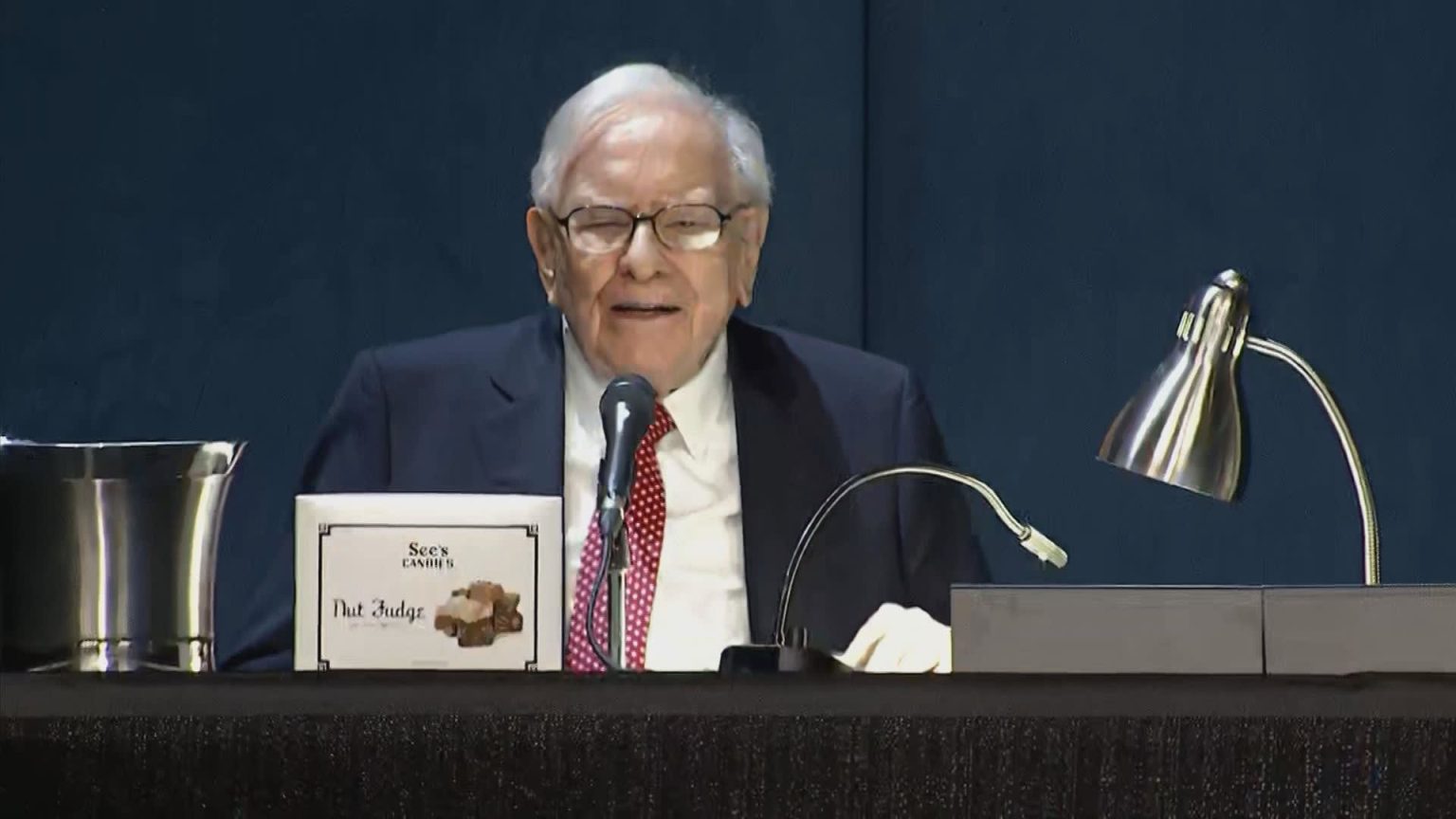Warren Buffett has been increasing Berkshire Hathaway’s cash reserves this summer by selling Bank of America stock, generating around $6 billion in sales since mid-July. Over the course of six sessions, 21.1 million shares were sold for an average price of $40.24 per share, reducing Berkshire’s holding in BofA by 14.5%. Despite these sales, Berkshire remains the largest shareholder of Bank of America, with an 11.4% stake valued at nearly $36 billion.
The sales of Bank of America shares raise questions as to why Buffett, who previously stated he did not want to sell the stock despite concerns about the banking sector, is now divesting from the company. Berkshire has not provided an explanation for the decision to sell, leaving analysts to speculate on possible reasons for the move. As Buffett celebrated his 94th birthday, Berkshire’s cash pile reached a record $277 billion as of June 30.
Berkshire Hathaway’s cash reserves have been a subject of interest for investors and analysts, as the conglomerate has accumulated a significant amount of capital in recent years. The increase in cash holdings has been attributed to various factors, including Buffett’s cautious approach to investing and his preference for maintaining financial flexibility. The company’s substantial cash position has led to speculation about potential acquisition targets or investment opportunities in the future.
Bank of America continues to be a significant component of Berkshire’s equity portfolio, despite the recent sales of shares by the company. With a stake of 882.7 million shares, valued at nearly $36 billion, Bank of America remains one of Berkshire’s top holdings. The ongoing sales of BofA shares have attracted attention from market observers, who are keen to understand the rationale behind Berkshire’s decision to divest from the bank.
The sales of Bank of America stock by Berkshire Hathaway have been part of a larger trend of reducing the conglomerate’s exposure to the financial sector. Berkshire’s exit from its Bank of America position reflects a strategic shift in its investment priorities, as Buffett and his team seek to reallocate capital to other opportunities. Despite the sale of shares, Berkshire remains a major shareholder of BofA, with a significant stake in the company.
The decision to sell Bank of America shares by Berkshire Hathaway highlights the fluid nature of investing, as even long-term investors like Warren Buffett adapt their strategies in response to changing market conditions. As Berkshire continues to adjust its portfolio and cash reserves, investors will be watching closely for any further developments or announcements from the company. Buffett’s approach to investing, characterized by patience and discipline, will likely continue to guide Berkshire’s decisions in the future.


